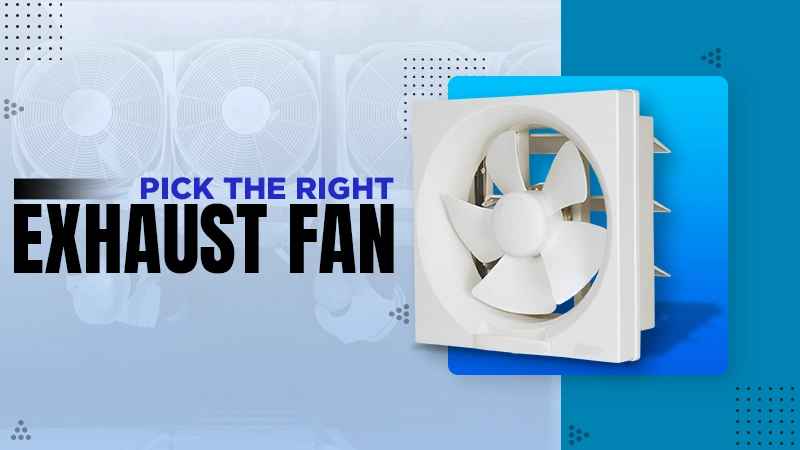Home Heating Systems: What You Need to Know for Winter Comfort
In every home, heating systems play a crucial role in keeping you and your family warm during the cold winter months. With so many options available in the market, choosing the right heating system for your home can be overwhelming.
To gain a better understanding of home heating systems, it is essential to be familiar with the different types, their pros and cons, and factors to consider before making a purchase.
Types of Home Heating Systems
There are several types of heating systems available for residential use. Each has its unique features, benefits, and drawbacks. Some common options include:
- Furnaces: These are the most commonly used heating systems. They work by blowing heated air through ducts and vents to warm up the entire house.
- Boilers: This system heats water, which is then distributed through pipes and radiators to provide warmth.
- Heat pumps: These are energy-efficient systems that transfer heat from the outside into your home during winter and vice versa during summer.
- Ductless mini-split systems: These are a good option for homes without existing ductwork, as they deliver hot air directly into different zones or rooms.
- Radiant heating: This system uses electric panels, baseboard heaters, or in-floor heating to warm up the space.
Pros and Cons of Different Heating Systems
Each type of heating system has its advantages and disadvantages. Some key factors to consider include:
- Cost: Furnaces and boilers tend to have higher upfront costs, but they are long-lasting and efficient in the long run. Heat pumps, on the other hand, may have lower initial costs but can be expensive to maintain.
- Energy efficiency: Heat pumps and radiant heating systems are generally more energy-efficient than furnaces and boilers, which burn fuel to generate heat.
- Installation: Furnaces and boilers require ductwork for installation, while heat pumps and mini-split systems do not. Radiant heating can be more complicated to install but offers zone control options.
- Comfort: Radiant heating provides consistent warmth throughout the room, while forced-air systems may have hot or cold spots.
- Environmental impact: Heat pumps and radiant heating are considered more environmentally friendly as they use electricity instead of burning fossil fuels.
Factors to Consider Before Choosing a Heating System
Before making a final decision, it is essential to consider the following factors:
- Size of your home: The size and layout of your home can impact the performance and efficiency of different heating systems.
- Fuel availability: If you live in an area where natural gas is not available, a heat pump or radiant heating system may be a better option.
- Insulation and energy efficiency: Proper insulation and energy-efficient windows can help reduce the size and cost of your heating system. This is especially important for heat pumps, which work best in well-insulated homes.
Maintaining Your Home Heating System
Once you have chosen and installed your heating system, it is crucial to maintain it properly. Regular maintenance can improve efficiency, reduce energy costs, and extend the life of your system.
For furnace repair in Sandy or any other heating system maintenance needs, it is always best to consult a professional HVAC technician. They have the knowledge and expertise to ensure your system is running smoothly and identify any potential issues before they become major problems.
On the other hand, there are also some simple maintenance tasks that homeowners can do themselves, such as regularly changing air filters and keeping the area around outdoor units clear of debris.
In conclusion, choosing the right heating system for your home is essential for staying comfortable during the winter. Consider your budget, energy efficiency needs, installation requirements, and other factors before making a decision. And don’t forget to properly maintain your system to keep it running efficiently for years to come. Stay warm and cozy this winter!
Follow Us
Latest Post
















